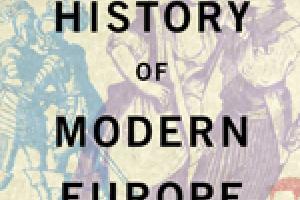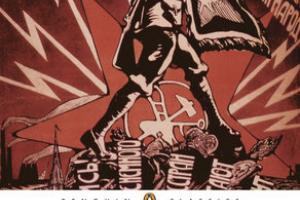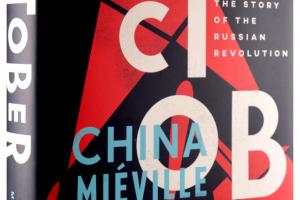What Would It Take to Avert Military Escalation With China in the South China Sea?
The Nation
 Historians of the bourgeois persuasion tend to focus on the doings of major figures in history. Less emphasis is placed by them on the role of working people, often nameless and ill-remembered. Edward Thompson's The Making of the English Working Class was a methodological breakthrough in showing how a working class made itself. The book under review follows that precedent, charting how ordinary Europeans from the Middle Ages to post-Soviet Europe made their own history.
Historians of the bourgeois persuasion tend to focus on the doings of major figures in history. Less emphasis is placed by them on the role of working people, often nameless and ill-remembered. Edward Thompson's The Making of the English Working Class was a methodological breakthrough in showing how a working class made itself. The book under review follows that precedent, charting how ordinary Europeans from the Middle Ages to post-Soviet Europe made their own history.
 On the centennial of the Russian Revolution, John Reed's first-hand look at the uprising of workers, peasants, soldiers and sailors is fit reading about a mass movement that overthrew the old aristocracy and then the bourgeois class itself. An exposition on ordinary people making history for themselves, the book is a gripping account of events in Petrograd, when Lenin and the Bolsheviks lead the various workers councils in finally seizing state power.
On the centennial of the Russian Revolution, John Reed's first-hand look at the uprising of workers, peasants, soldiers and sailors is fit reading about a mass movement that overthrew the old aristocracy and then the bourgeois class itself. An exposition on ordinary people making history for themselves, the book is a gripping account of events in Petrograd, when Lenin and the Bolsheviks lead the various workers councils in finally seizing state power.
 China Miéville looks at the Revolution as a hopeful flashpoint that briefly showed the promise of socialist transformation, before descending first into an authoritarian nightmare and then today's corrupt capitalism. Written with an urgency designed for our era of struggle absent clear political ideologies or unified mass socialist organizations, Mieville focuses on the revolutionary moment, using his skill as a story teller to see the participants in real time.
China Miéville looks at the Revolution as a hopeful flashpoint that briefly showed the promise of socialist transformation, before descending first into an authoritarian nightmare and then today's corrupt capitalism. Written with an urgency designed for our era of struggle absent clear political ideologies or unified mass socialist organizations, Mieville focuses on the revolutionary moment, using his skill as a story teller to see the participants in real time.
Spread the word